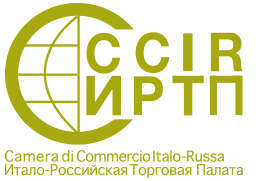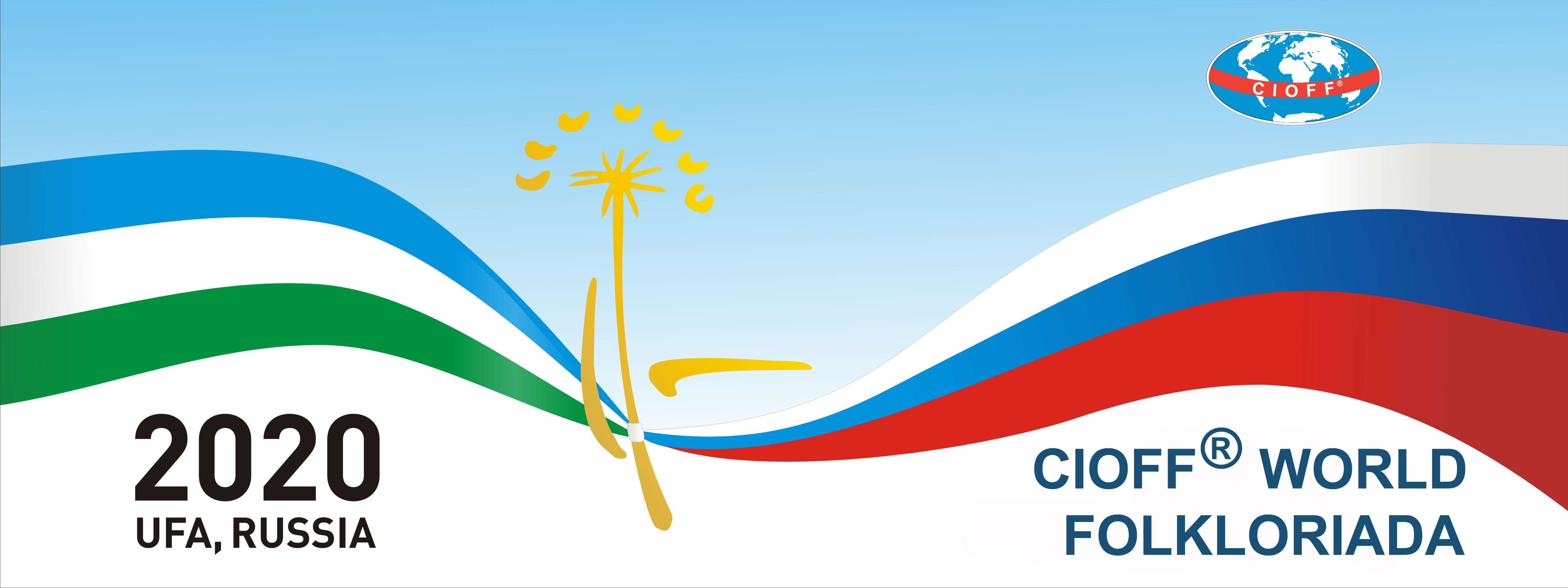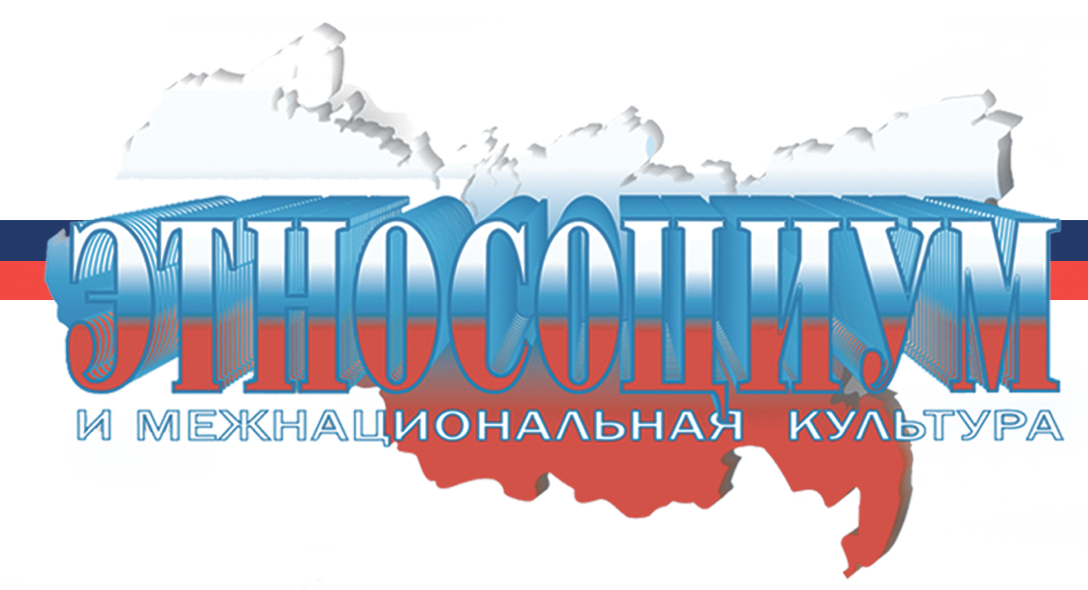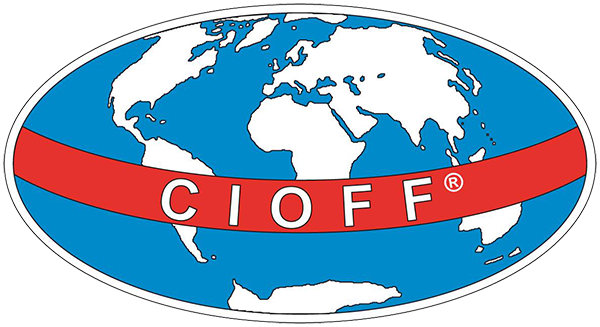20 Мая – особый день в новейшей истории Мира – 20 мая 1875 г. представители 17 стран подписали Метрическую конвенцию, которая заложила основу для глобального сотрудничества в области науки об измерениях в ее промышленном, коммерческом и общественном применении, и сегодня она претерпела радикальную трансформацию: Международная система единиц СИ (Systme international dʼunits, SI, СИ) – система единиц физических величин окончательно перешла с эталонов в качестве материальных объектов (артефактов) на более стабильные методы расчетов значений при помощи формул, основанных на физических константах – постоянных величинах, входящих в уравнения, описывающие фундаментальные законы природы и свойства материи.
Согласно решениям Генассамблеи ООН (2015 г.), страны Мира утвердили 17 Целей устойчивого развития и сегодня прилагают значительные усилия по их достижению к 2030 г. В Российской Федерации, в соответствии с Майским указом Президента (2018 г.) «О национальных целях и стратегических задачах развития Российской Федерации на период до 2024 года» реализуется 13 масштабных национальных проектов. Как замечает в статье «Разрыв шаблона?»
Профессор Федор Лукьянов, «…надо признать, что смена политического поколения уже идет во всем мире. Вопрос тут не только и не столько в возрасте приходящих, сколько в мировоззренческих и даже бытовых основах» (https://rg.ru/2019/05/20/lukianov-cherno-belyj-shablon-hh-veka-zakonchilsia.html).
Что и как в себе и из себя сваяют общества и каждый человек – кто какой «рай» и/или «ад», «город Солнца» и/или «зверинец» и «зоопарк», какие риторики какую систему категорий реанимируют и обновят, – это и станет «главным кино» предстоящего 10-летия.
Приветствуя участников международной конференц-сессии Института государственной службы и управления РАНХиГС «Государственное управление и развитие России: национальные приоритеты и институты» (http://igsu.ranepa.ru/events/p122016/), заместитель Руководителя Администрации Президента Российской Федерации Магомедсалам Магомедов отметил: «…темы, заявленные в программе, имеют большое прикладное значение для государственной национальной политики, поскольку направлены на совершенствование знаний в области обеспечения межнационального мира и согласия, сохранения этнокультурного многообразия в нашей стране, упрочение единства многонационального народа России. Для нас крайне важно широкое вовлечение научного сообщества в процессы обмена опытом и тесного международного сотрудничества…»
Собравшиеся на конференции религиоведы, этнокультурологи и этнополитологи – участники межвузовского научно-просветительского проекта «Русь историческая – Русь грядущая: образы, знаки, символы» (http://igsu.ranepa.ru/events/p124093/) – размышляя над судьбой и перспективой этнокультурного и религиозного факторов, приняли 2 важных решения, – сказал сопредседатель оргкомитета конференции профессор Вильям Шмидт. – Мы хотели бы организовать ежегодный конкурс детских рисунков (рабочее название – «Я и Россия: мечты о будущем»), который предлагаем проводить на базе региональных отделений Ассамблеи народов России и филиальной сети РАНХиГС. Итоги первого конкурса 2019 г., как и последующих лет, можно приурочить ко Дню Конституции и рассматривать на Зимней сессии конференции «Русь историческая – Русь грядущая: образы, знаки, символы», а победители конкурса составят «этно-портрет» регионов – карту России, которую можно будет выпустить в виде филателистической коллекции – специальных знаков государственной почтовой оплаты.
Второй проект, который мы считаем важным и давно назревшим, – это интерактивная «Религиозная карта народов России». Надеемся, что эти наши предложения уже в ближайшее время будут детально рассмотрены и перейдут в прикладную плоскость.
* * *
Партнеры-учредители академического научно-просветительного проекта – ежегодной междисциплинарной конференции «Русь историческая – Русь грядущая: образы, знаки, символы»:
Ассамблея народов России, Российский комитет Международного совета музеев (ИКОМ России), Военный университет Минобороны России, Институт этнологии и антропологии им. Н.Н. Миклухо-Маклая РАН, Государственный музей истории религии, Центр исследования межнациональных отношений Института социологии Российской академии наук, Институт государственной службы и управления (Кафедра государственно-конфессиональных отношений, Кафедра национальных и федеративных отношений, Центр религиоведческих и этнокультурных отношений и экспертизы) РАНХиГС.
Информационными партнерами Конференции выступают:
Научная библиотеки РАНХиГС, международное издательство и журнал «Этносоциум», научный журнал «Миссия Конфессий», научный журнал «Вопросы национальных и федеративных отношений»
Ph.: +7 (495) 772-1999
E-mail: This email address is being protected from spambots. You need JavaScript enabled to view it.
119034 RF Moscow
Special thanks to the outstanding scientists and public figures who have contributed financially in support of the project "Mission Confessions in front of global threats".
Project in partnership with IGSU RANEPA and the Assembly of the Peoples of Russia
Information partnership:
Chief Editor
Founded in 2010
ISSN 2499-9423
With the support of the Plenipotentiary of the RF President in the Central Federal District
The journal is included in the list of HAC, RSCI, TASS, NEL. (on philosophy, sociology and culture)
The "Mission Confessions" Journal is a socially significant project.
Chief Editor: Ryabova E.L.
Doctor of Political Sciences, Candidate of Sociological Sciences, Professor. Member of the Expert Group of the Cossacks Council under the President of the Russian Federation.
E-mail: This email address is being protected from spambots. You need JavaScript enabled to view it.
8 issues per year.
Languages: Russian, English, Spanish, Chinese.
The mission of the journal is the consolidation of progressive forces, constructive ideas of science and society, of all faiths in the face of global threats.
The task of the Journal is to exchange scientific and socially relevant information, and of the results of theoretical and empirical studies of the researchers.
The target readers of our publications: scholars who are engaged in the development of philosophical, cultural, religious, national and international problems, and all those who are interested in these issues.
Primary field (The subjects of our publications): MULTIDISCIPLINARY
- Social Sciences;
- Philosophy;
- Religion;
- International relations.
The articles of the Journal are grouped under ‘floating’ rubrics (chosen specially to structure the main themes of each issue), with the following rubrics as basic:
- Religion and society;
- Philosophy, sociology and culture;
- Culture and civilization.
Our Journal is a collection of values, attitudes, behaviors and lifestyles, non-violence and conflict prevention by addressing their root causes, solving problems through dialogue and negotiation among individuals, groups and nations. (UN Resolutions A/RES/52/13: Culture of Peace and A/53/243 : Declarations and Programs of Action on a Culture of Peace)
The journal is registered in the Ministry of the Russian Federation for Affairs of the Press, Television and Radio Broadcasting and Mass Communication Media.
We cooperating with young authors, and with scholars recognized in their field. Our editorial board holds active collaborations with academic and professional humanitarian experts from the countries of near and far abroad.
The Journal has been registered at the Federal Agency for Press and Mass Communications (Ministry of the Russian Federation for Press, Broadcasting and Mass Media).
All the submitted materials are reviewed.
Authors’ opinions may not coincide with the views of the editorial board, as the editors adhere to the position of respect and protect free speech and human rights.
It is obligatory to give a link to the journal if you use any materials from here.
Scientific articles published in the journal go through the reviewing process.
Requirements to the Articles to be Published in “Mission confessions”.
The editorial board of the journal asks all authors to comply with the following rules when submitting their materials for reviewing.
1) The topic of the article should be currently important. If the research bears interdisciplinary character and is of some interest to a wider range of specialists (for example, those who do culture studies and history, history and linguistics, etc.), it raises the scientific value of the submitted article.
2) The author of the manuscript should clearly set the goal and problem of his/her research. The conclusions should be accurately stated at the end of the article.
3) The journal “Mission confessions” accepts submissions not only in Russia. In case that the authors want to reveal their work to the world-wide audience, they should take care of a neat translation of the work on their own. The editorial board of the journal can help with the translation (such cases talked over separately) but will not accept a google-translated manuscript.
4) Images, photographs, graphs, charts and diagrams should be of 600 pix resolution minimum in the narrowest part.
5) Diagrams, graphs and charts are to be sent separately in the EXCEL or EPS format.
6) The name of the article is to be presented both in Russian and in English.
7) The type size of the article is Times New Roman (Microsoft Word). It is obligatory to use margins (1 centimeter). The whole text is fully justified and should be of the same size.
8) It is absolutely forbidden to stretch the text using double space/gap! (And also triple, four spaces between words, etc.)
9) The new paragraph must not be made by means of space bar! Use TAB instead or do not use anything at all. The amount of spaces in the article does not influence the final volume and the overall look of the article, but it does make pagination more difficult and time-consuming.
10) Send your article to This email address is being protected from spambots. You need JavaScript enabled to view it.
Requirements to abstracts (annotations)
1) An annotation or abstract is to be given in Russian and English for all types of articles.
2) The volume is 250-300 words.
3) In the annotation, one should include the essence of the article, its goal, methods of research, results and meaningful conclusions. The author can present evaluations, recommendations of using his/her research results and/or any other information relevant for the research.
4) The language of the abstract must be concise, neat and understandable for any researcher. The author should avoid “empty” and meaningless constructions that are usually used for the sake of volume.
5) At the end of this annotation/abstract, the author is to give up to ten key words. It is very desirable that the author does not compose 4-5-word clusters from key words.
Literature Requirements
The author should present the bibliography (references) in two languages (Russian and English) separately. The works cited should be numbered.
The ethic policy of International Publishing House “Mission confessions” is based on recomendations from international committees.
 |
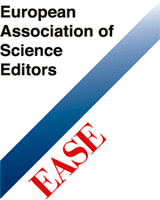 |
 |
International Publishing House “Mission confessions” abides by standards of editorial ethics and Is making efforts not to allow their violation.
The journal “Mission confessions” is ready to cooperate with authors from Russia and far abroad, and to consider submissions (works) both from young scientists who are only beginning their way in science, and specialists, whose names are already famous in the scientific society.
“Mission confessions” aspires to spread scientific knowledge and leads an honest and open policy towards all the authors. Thus, the editorial board of the journal provides free access to all publications, unless the contract with the author presupposes other conditions.
The editorial board of the journal has a right to refuse the publication of the article in case of violation of the rules stated below.
Guarantees
The author guarantees that the submitted work is authentic (belongs to the author), does not violate other authors’ rights and does not interfere with anyone’s interests. In case there has been such an interference, the author guarantees that all the disputes with the third parties have been settled.
The authors must guarantee that the submitted work has not been published before and that this work is not under consideration in other publishing companies.
In its turn, the editorial board of the journal guarantees to treat all forms of creativity and intellectual property with respect, to observe the ownership of intellectual property in the pre-publication period, and further on, after the publication. “Mission confessions” guarantees that the work will be honestly published under the name of its real author, it will not be sold and / or published by any third parties or under a different name.
The editorial board of the journal is ready and eager to support the development of authors’ ideas. In case if an author has interesting thoughts and materials, but there are doubts on how to deliver them, please, contact us. The editorial board supports creative activity and helps to resolve questions related to it.
If the author has already published some materials like those, which were submitted to “Mission confessionsА”, it is recommended that the author informs the editors about it. The editorial board is ready to consider publishing alternative variants of reworked materials, which were published previously.
The works submitted to the publishing house must be checked for spelling and grammar mistakes and whether they are in line with the norms of the literary language. If the work is connected with investigations in the sphere of linguistics and folklore, and also if it is necessary for maintaining the idea of the research, it is acceptable to use dialect words and expressions, neologisms, etc. We also accept English translations of works and original articles in the English language.
Authors should respond to editors’ queries on time and submit the needed materials necessary for the publication without delay, because it is in the authors’ best interests.
In the submitted materials, the author does not disclose any confidential state or private information, commercial and other secrets. The submitted work must not contain any ideas or materials, which are prohibited for spreading according to the law of the Russian Federation.
In case if the author finds a mistake in the already published work, the author must contact the editorial board as soon as possible. If the mistake leads to losing and / or changing the scientific result, the author is to make every effort to withdraw the publication.
The editorial board is not responsible for the incorrect usage of links, i.e. words and expressions torn out of their contexts, when the author puts a different, or opposite, meaning into the original idea.
In case of direct or indirect quotation, authors should submit links to the used resources (including foreign ones). If necessary, the author should be ready to present a right to use the materials, if it is required by the owner of the quoted source.
“Mission confessions” recommends the author to check the submitted work for plagiarism beforehand. There is a number of websites sensitive even to the minimum of text borrowing. We recommend not to use techniques to hide it, such as grammatical changes, or changes of every fourth word in the text, etc.
Authors should realize that their scientific career might suffer if any cheating and plagiarism is revealed. In case it happens, the editorial board will take into account the position of each party and will study thoroughly all the arguments to make a decision on the future of the publication. The editorial board acts in an unbiased way and does not take into consideration any attempts to influence its decisions. What is more, the editorial board will not accept accusation of plagiarism, if the accusing party is unknown or acts inadequately.
1. Submissions should be relevant and new, they should have scientific and practical significance.
2. Text type 14, line spacing 1.5. All sources should be supplied with bibliographic references.
3. Footnotes are placed per page.
4. The material should be supplied with an annotation (abstract) in Russian and English (with volume no more than 1000 characters), author's translation of the title of the article, the name and surname of the author, a list of key words in the Russian and English languages, as well as a bibliography.
5. All presentations should be submitted in electronic form.
6. Be sure to specify the surname, name and the patronymic name of the author, their scientific degree, rank, position, the official name of the workplace, contact phones, full home address and email address.
7. A fee for the acceleration of the publication of the submitted manuscripts is not charged.
Basic conditions of the publication
To publish an article necessary for the defense, it is important to do the following:
1. Write an article
2. Check the article for mistakes.
3. Put in the author's questionnaire, the title of the article, keywords, the summary of the article in Russian and English, text and references in a single file. References should be put in the text of the article. References to the source materials should be put within the text of the article.
4. Submit everything to the e-mail: This email address is being protected from spambots. You need JavaScript enabled to view it.
Below you can find some more details about how to frame and send us your article for consideration.
If you are ready to send the article
These general requirements can be found practically in any edition.
1. All the materials submitted to the Editorial Board are checked for the presence of borrowings from public sources (simply speaking, plagiarism, the test is performed with the help of the system AntiPlagiat.ru). Texts where the borrowing index is more than 10% may not be published in the journal.
Make sure that your article contains more than 90% of the original text, thus you will save your and other people's time and relieve us from the unpleasant duty to point it out to you.
What can you do if you find a lot of loans in the text? It can be easily corrected. In the selected non-original parts of the text, leave only the most important quotations. Describe briefly in your own words the parts which were withdrawn.
2. Make a list of the keywords and the summary (a short text not more than 3-4 sentences (up to 500 characters). The purpose is to give the reader a brief idea of what your article is), translate the title of your article, summary and key words into RUSSIAN.
Please note that all these simple steps will greatly simplify work with your article and raise your credibility in the eyes of any edition.
How to frame up the article to provide it to the editorial office
|
Фамилия Имя Отчество
Surname, Name, Patronymic Name
|
Иванов Петр Сергеевич
Ivanov Petr Sergeevich
|
|
Информация
Information
|
Аспирант факультета Мировой экономики Академии народного хозяйства при Правительстве РФ, ведущий менеджер ООО «ОргСинтез»
Graduate student of the faculty of World economy, of The Russian Presidential Academy of National Economy and Public Administration, leading Manager of LLC «Orgsintez»
|
|
Почтовый адрес
Postal address
|
109559, Россия, г. Москва, ул. Белореченская, д. 1, кв. 125
109559, Russia, Moscow, Belorechenskaya Str., h. 1, 125 sq.
|
|
Контактный телефон и факс (с кодом страны и города)
Contact phone and Fax (with country and city code)
|
+7 (903) 215 8545
|
|
Адрес электронной почты
Email address
|
This email address is being protected from spambots. You need JavaScript enabled to view it. |
|
Желаемый месяц публикации
Desired publication month
|
AUGUST 2016 |
Copy this sample in the beginning of the file with your article and fill in all points in Russian and English.
Framing of the text of the article (fields, indent) does not matter, they are up to you.
File format is Word 2003 (doc), or rtf.
The file should contain:
1) the author's questionnaire in the Russian and English languages;
2) key words (in Russian and English);
3) the abstract/annotation (in Russian and in English);
4) the title (in Russian and in English);
5) the text itself;
6) the list of used literature (in the text, there should be references to the sources used).
The name of the file should consist of the names of the author and the publication month. For Example, "Ivanov - 08.doc".
The order of reviewing of the manuscripts
1. All the scientific articles, sent to the editors of the «Mission confessions», are reviewed.
2. Production editor of the journal (Executive Secretary of the Editorial Board) defines if the article fits the journal profile and typescript requirements, then sends it for the first consideration to the editor-in-chief, who examines scientific context of the typescript and instructs to transfer the typescript to the specialist for a review.
3. The members of the Editorial Board, highly qualified scientists and specialists of the state educational institutions of higher education (doctors and professors, associate professors), state scientific institutions (academic institutions, libraries, museums), with the closest to the topic scientific specialization are involved as reviewers for peer-reviewing of the typescripts. The author or co-author of the book under review cannot be the reviewer.
4. Reviewing terms in each case are defined by the Executive Secretary of the Editorial Board of the journal (Production Editor) in order to create conditions for the most rapid publication of an article.
5. The reviewing is confidential. The information about the reviewer is anonymous for the authors; it is only for editors and commissions HAC. The author can read the text of the review.
6. If it is necessary, the text of the review is sent to the author by e-mail or regular mail.
7. The presence of positive reviews is not sufficient for publication.
8. If the reviewer approved the article, but there are some comments, the text of the review is sent to the author confidentially. After the revision of the article by the author, the article is sent for retrial to the same reviewer.
9. In the case of a negative review the text of the review is confidentially sent to the author.
10. If the author sends a well-reasoned response to the comments of the reviewer, the article should be sent to a committee, which is created by way of exception from the three members of the editorial board.
11. The final decision on whether the publication is accepted by the Editorial Board of the journal is recorded in the minutes of the meeting of the editorial board.
12. After the editorial board makes the decision on the admission of the article for publication, executive secretary of the magazine informs the author and indicates the dates of publication.
13. If there is a significant proportion of the criticism of the reviewer but there is an overall positive impression, the editorial board can put the article to the category of polemical materials and publish it in the order of scientific discussion.
14. In the case of deviations from published articles, Executive Editor sends a note to the author within three working days.
15. The originals of the reviews are stored in the editorial office within five years from the date of publication and they are provided on request of an expert commission HAC RF.
Deputy chief editor of the Journal "Cultural World"
Chapkin S.V.





